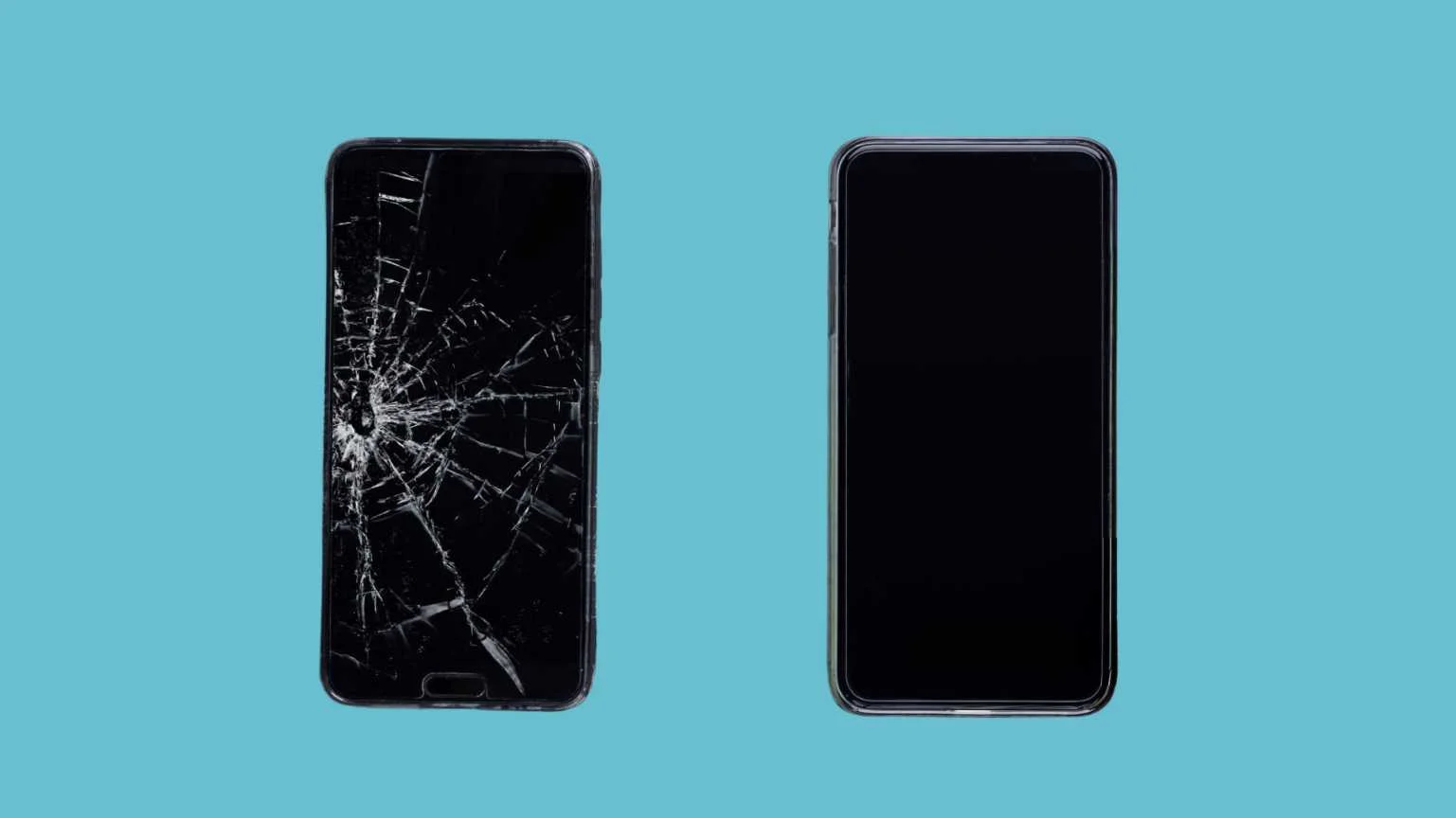
Smartphones have become an essential part of our daily lives, and they are often with us throughout the day. But over time, even the most durable phones can face issues, whether it’s a cracked screen, poor battery life, or malfunctioning components. One of the most common dilemmas that phone owners face is deciding whether to repair their device or simply replace it with a new one. Making this decision can be tricky, as it involves factors like repair costs, the age of the phone, and how much longer you expect to use the device.
In this article, we’ll help you assess the situation and guide you through the decision-making process to determine when it’s better to repair your phone and when it’s time to replace it.
When to Repair Your Phone
While upgrading to a new phone can be tempting, repairs can be a cost-effective option when the damage is minor or the phone is still relatively new. Here are some scenarios where repairing your phone might be the best choice:
1. Minor Screen Damage
A cracked screen is one of the most common issues with smartphones. If your phone still works fine otherwise and the crack is small or doesn’t interfere with the touch functionality, a screen replacement can be a quick and affordable fix.
- When to Repair: If the phone still functions well and the crack is affecting only the aesthetic or touch sensitivity slightly, it’s worth repairing.
- When to Replace: If the screen is severely cracked, affecting usability, or if the damage extends to other parts like the LCD, it might be better to consider a replacement, especially if the repair cost is high.
2. Battery Replacement
Over time, all smartphone batteries lose their ability to hold a charge. If your phone is still in good condition but the battery life has diminished, replacing the battery can give your phone a new lease on life.
- When to Repair: If your phone’s battery is draining too quickly or no longer holds a charge, replacing the battery is a cost-effective repair that can restore your device’s performance.
- When to Replace: If the phone is several years old, and the battery issue is compounded by performance issues, it might be time for an upgrade.
3. Water Damage (Minor)
Smartphones are increasingly becoming water-resistant, but they’re still vulnerable to water damage. If your phone has been exposed to water, it might be repairable depending on the extent of the damage.
- When to Repair: If the water damage is minimal, such as exposure to rain or a quick dip, and the phone still functions well, it might just need a clean-up and some minor repairs.
- When to Replace: If the phone is not responding at all after water exposure, or if critical components like the motherboard are damaged, replacement may be necessary.
4. Software or System Issues
Sometimes, issues like system crashes, app errors, or general slowness can be fixed with software updates or system resets.
- When to Repair: If your phone is experiencing glitches, crashes, or software malfunctions, performing a factory reset, updating the OS, or troubleshooting through the settings may solve the problem.
- When to Replace: If your phone has a history of software issues and is no longer supported by the manufacturer for updates, replacement may be the best option to ensure a smooth, secure experience.
5. Camera or Speaker Malfunctions
If your phone’s camera is malfunctioning or the sound quality from the speaker is poor, repairing or replacing these individual components may be a better option than buying a whole new phone.
- When to Repair: Replacing a broken camera lens or faulty speaker can often be done at a fraction of the cost of a new phone.
- When to Replace: If the issue affects multiple components or if the cost of repair is close to that of a new phone, replacement may make more sense.
When to Replace Your Phone
There are times when repairing your phone may no longer be a viable or cost-effective option. Here are some scenarios where it’s better to invest in a new phone:
1. Extensive Physical Damage
If your phone has sustained significant physical damage, such as a shattered screen that has affected the display, broken buttons, or cracked housing, it may not be worth repairing, especially if it’s an older model.
- When to Replace: If the damage is extensive and goes beyond just a cracked screen, such as internal components being affected or the device no longer turning on, replacing the phone is often more cost-effective.
2. Outdated Hardware
Smartphones have a typical lifespan of about 2-3 years before their hardware starts to show signs of age. If your phone’s processor is outdated, making apps lag or the device slow to respond, it might be time to upgrade.
- When to Replace: If your phone is slow and struggling to run modern apps or games, or if it doesn’t support the latest software updates, a new phone will offer better performance and longevity.
3. Irreparable Internal Damage
If your phone has experienced severe internal damage—such as issues with the motherboard, charging port, or other essential components—repairing it can be difficult and expensive.
- When to Replace: If the internal components are damaged to the point where it’s almost impossible or too costly to repair, replacing the phone is often the best choice.
4. No Longer Receiving Software Updates
Most manufacturers stop providing software updates for their phones after 2–3 years. If your phone is no longer receiving critical security updates or software patches, it might be leaving you vulnerable to security risks.
- When to Replace: If your phone is no longer supported with updates and it’s crucial for you to have the latest software, upgrading to a new model is essential for security and performance.
5. Cost of Repair vs. Cost of New Phone
Sometimes, the cost of repairing a phone—whether it’s replacing a screen, battery, or fixing internal damage—can be close to the cost of purchasing a new phone.
- When to Replace: If the repair costs are high and the phone is already aging or has other issues, it may make more sense to replace the phone entirely rather than sink more money into an old device.
How to Decide: Repair or Replace?
The decision ultimately depends on the age of your phone, the severity of the issue, and the cost of repair. Here’s a simple decision-making process:
- Assess the Damage: Is it a minor issue (like a cracked screen or a battery replacement) or is it something more serious (like motherboard failure)?
- Consider the Cost: How much will the repair cost compared to the price of a new phone? If the repair cost is too high, you might be better off upgrading.
- Evaluate Your Phone’s Age: If your phone is several years old and no longer supports updates or new apps, replacing it may be the best option for long-term usability.
- Think About the Future: Consider the benefits of upgrading to a newer model with better features, enhanced performance, and longer software support.
Conclusion
Deciding whether to repair or replace your phone is a personal decision that depends on a variety of factors, such as the severity of the damage, the cost of repairs, and the age of your device. If the phone is still relatively new and the damage is minimal, repairing it is often the most cost-effective solution. However, if your phone is old, extensively damaged, or no longer able to meet your needs, replacing it with a new device may be the best option.
Whatever decision you make, be sure to consider your needs, budget, and how long you plan to use the phone before deciding on repair or replacement.
FAQ’s
Assess the cost of repair, the severity of the issue, and the phone’s age. If repair costs are high, consider replacing the phone.
If the crack is minor and doesn’t affect performance, repairing the screen is usually cost-effective. For extensive damage, replace the phone.
If your phone’s battery drains too quickly or no longer holds a charge and is over 2-3 years old, a replacement battery is an option. However, if the phone is old, a new phone might be a better investment.
If the software issues are due to outdated hardware or lack of updates, it might be more practical to replace the phone rather than repair it.
The repair cost varies depending on the damage. If the repair costs are close to the price of a new phone, replacing it is often more cost-effective.





